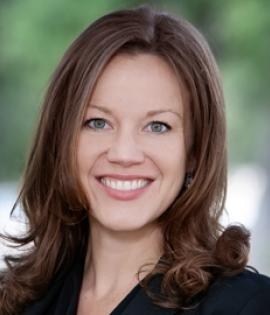Our scholars are professors, researchers and students who take interdisciplinary approaches to addressing some of the biggest economic challenges in the United States and abroad. Many of our Senior Fellows, Faculty Fellows, and researchers have also worked in government agencies or advised policymakers.
Scholars
Featured Scholars

Shai Bernstein on the intersection of money and innovation
The calculus doesn’t make sense. Every year investors pour billions of dollars into U.S. startups in the hopes of striking it rich on the next Facebook. But the odds of hitting pay dirt are exceedingly low.
So why take that risk?
It’s a question that captivates Shai Bernstein, a faculty fellow at the Stanford Institute for Economic Policy Research and an associate professor of finance at the university’s Graduate School of Business.
“The fact that ideas, some of them may seem completely implausible, get funded at all is both fascinating and difficult to explain,” he says.
Read the Article
Stephen Haber on the value of integrating politics into economics
When Stephen Haber was a graduate student in the early 1980s, political economists were an endangered species. Political scientists studied how governments work, and economists focused on the functioning of markets — with little overlap between the two.
But Haber recognized that the two are inextricably connected. “There are reasons why each field developed its own set of tools, but the result was an incomplete theory about how the world works,” says Haber, a senior fellow at the Stanford Institute for Economic Policy Research and professor of political science, history and economics.
Read the Article
Katherine Casey on information as a political game-changer for developing economies
Imagine politics without the cacophony of 24-hour cable news, Twitter-fueled bickering, morning newspapers or even radio. In much of the developing world, this information vacuum is a harsh reality — and a major reason why low-income countries with democratic elections continue to struggle.
In the extreme, if voters have no information about candidate performance or competence, “Why even have elections?” asks Katherine Casey, a SIEPR faculty fellow and associate professor of political economy at the Stanford Graduate School of Business. “They won’t help governments perform better or be more accountable.”
Read the Article



